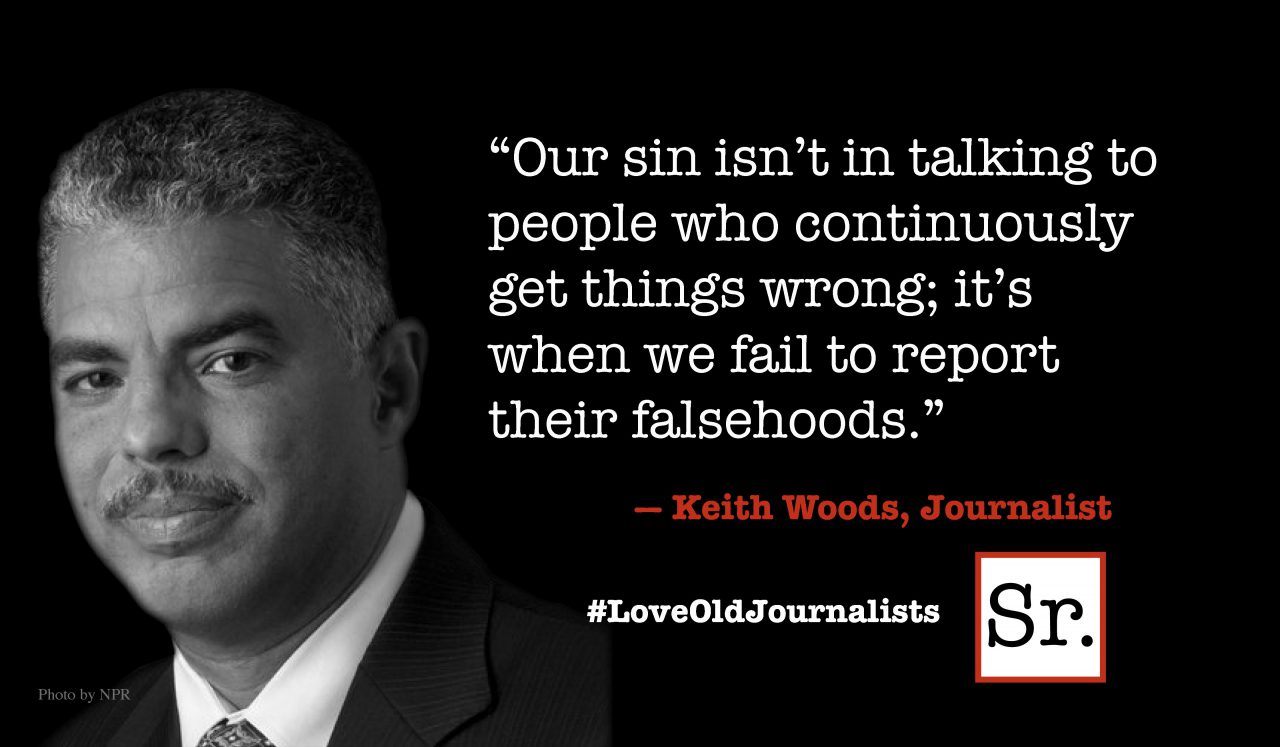"In a gentle way, you can shake the world." — Mahatma Gandhi
I went through a little rough patch recently — a "Come Apart" as Cousin Steve likes to call it. I progressed through all the stages beginning with denial eventually ending in acceptance with a little anger sandwiched in between. Several events converged to trigger this little melt down, pointing me to a fundamental question. Am I making a difference? Does our work really matter? How do we really ever know for sure?
I was blessed to have scheduled an agenda-less meeting with my good friend and colleague, Robin. She listened generously and let me go on a bit. She gave me the space to verbalize and process my feelings and fears. Next thing you know, I had talked myself into a whole new level of awareness about difference making. We were soon laughing about Come Aparts, and appreciating just how important they are to move us out of that proverbial comfort zone and into the wilderness of what's next.
In his beautiful book, The Butterfly Effect, Andy Andrews, tells us of a hypothesis presented by Edward Lorenz to the New York Academy of Science, in 1963. His theory stated simply: A butterfly could flap its wings and set molecules of air in motion, which would move other molecules of air, in turn moving more molecules of air — eventually capable of starting a hurricane on the other side of the planet.
Lorenz and his ideas were literally laughed out of the conference as preposterous!
More than 30 years later, the butterfly effect was deemed by physics professors from universities worldwide to be authentic, accurate and viable, and accorded the status of a "scientific law." Now known as The Law of Sensitive Dependence upon Initial Conditions, this has huge implications for every person on the planet. The law suggests that every move we make and every action we take matters. Our actions matter not just for us, but for all of us and for all time.
Andrews shares a little known story of actions taken by a young schoolteacher, Joshua Chamberlain, on a hot July day in 1863. Colonel Chamberlain had no real knowledge of warfare tactics and the Confederates were far better equipped and advancing. Completely out of ammunition and soldiers, things looked dire for the little troop from Maine defending a town called Gettysburg, Pennsylvania. Chamberlain assessed the situation, gave an order to "Fix Bayonets and Charge." The Confederate troops were completely caught off guard. They turned and ran away. The Confederate Captain surrendered and the group of 80 ragged Union soldiers captured over 400 enemy soldiers.
Historians determined that had Chamberlain not charged that day, the rebels would have won at Gettysburg, and the South would have won the Civil War. Historians also speculate that had the South won, we would likely exist on a territorially fragmented continent, much like Europe. All of this means that when Hitler swept across Europe there would have been no United States to intervene. And, when Hirohito invaded the islands of the South Pacific, there would not have been a country strong enough to fight and win two wars on two fronts at the same time.
It's entirely possible to make the case that the United States exists as it does today because of a decision and action taken by a single man, a 34 year old school teacher, more than a century ago. Joshua Chamberlain is a human example of the butterfly effect. One man who made one move whose effects still ripple through our lives today.
Andrews challenges us to live a life of "permanent purpose." His mentor helped him understand that when you know that everything matters, that every move counts as much as any other, you will begin to live a life of "permanent purpose." When we operate as though every action matters, our every result immediately improves.
"Do I dare disturb the universe?" — T.S. Eliot









